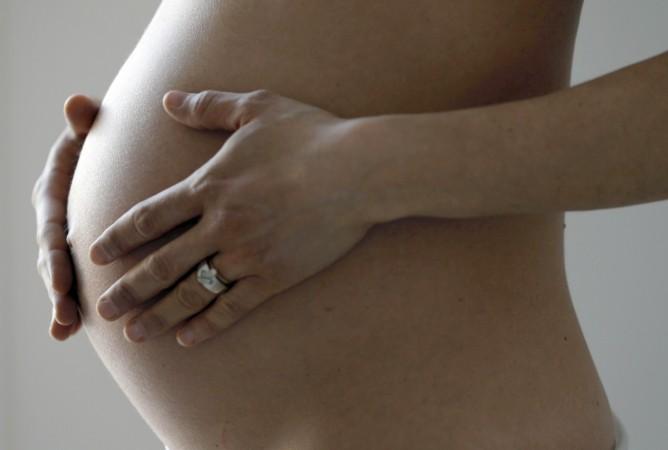
Consuming placenta after birth has become sort of a fad among new mothers. There is a rise in the practice in the recent years as celebrities like Kourtney Kardashian, Katherine Heigl, and Gabby Hoffman claimed that they did consume their placenta.
Experts, however, found no evidence of health benefits of consuming placenta as it is claimed by its proponents. In fact, in June, the Centers for Disease Control and Prevention found that newborns were developing a form of sepsis from contaminated breast milk due to placenta capsules, Daily Mail reported.
Human placentas are being consumed raw, roasted, cooked, steamed dehydrated, and in capsule form, or with smoothies or other drinks. The most common form is however capsules. Reportedly, companies offer to prepare the placenta for consumption and it costs around $200 to $400.
After analysing a dozen of studies about placenta consumption, obstetricians now advise not to consume the placenta in any form, according to the study published in the American Journal of Obstetrics and Gynecology.
Though animals are known to consume their placenta after birth, humans discarded it until recently. According to the reports, over the last few years, the demand from patients to take their placenta home to eat it after delivery has increased.
"As obstetricians, it's important, to tell the truth. And the truth is it's potentially harmful and no evidence it's beneficial, so, therefore, don't do it," said Dr Amos Grunebaum, lead author, and obstetrician.
The researchers after conducting a survey on placenta consumption found that 54% of obstetricians and gynaecologists felt uninformed about the risks and benefits of taking it, and 60% were unsure about the practice.
The CDC issued a warning after a case of a newborn developing recurrent group B Streptococcus sepsis after the mother had contaminated placenta capsules.
The research appears in the American Journal of Obstetrics and Gynecology.





!['Had denied Housefull franchise as they wanted me to wear a bikini': Tia Bajpai on turning down bold scripts [Exclusive]](https://data1.ibtimes.co.in/en/full/806605/had-denied-housefull-franchise-they-wanted-me-wear-bikini-tia-bajpai-turning-down-bold.png?w=220&h=138)



